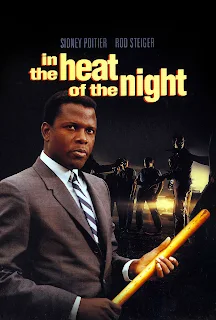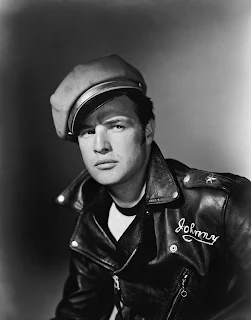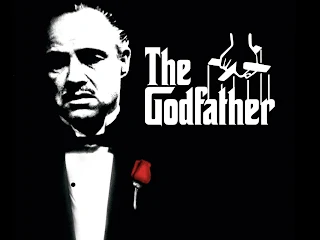Marilyn Monroe (1926-1962)
Marilyn Monroe ( /mɒnˈroʊ/ or /mənˈroʊ/; born Norma Jeane Mortenson but baptized and raised as Norma Jeane Baker; June 1, 1926 – August 5, 1962) was an American actress, singer, model and showgirl who became a major sex symbol, starring in a number of commercially successful motion pictures during the 1950s.
After spending much of her childhood in foster homes, Monroe began a career as a model, which led to a film contract in 1946 with 20th Century Fox. Her early film appearances were minor, but her performances in The Asphalt Jungle and All About Eve (both 1950) drew attention to her—by now her hair was dyed blonde. By 1953, Monroe had progressed to a leading role in Niagara (1953), a melodramatic film noir that dwelled on her seductiveness. Her "dumb blonde" persona was used to comic effect in subsequent films such as Gentlemen Prefer Blondes (1953), How to Marry a Millionaire (1953) and The Seven Year Itch (1955). Limited by typecasting, Monroe studied at the Actors Studio to broaden her range. Her dramatic performance in Bus Stop (1956) was hailed by critics, and she received a Golden Globe nomination. Her production company, Marilyn Monroe Productions, released The Prince and the Showgirl (1957), for which she received a BAFTA Award nomination and won a David di Donatello award. She received a Golden Globe Award for her performance in Some Like It Hot (1959). Monroe's final completed film was The Misfits, co-starring Clark Gable with the screenplay written by her then-husband, Arthur Miller.
The final years of Monroe's life were marked by illness, personal problems, and a reputation for being unreliable and difficult to work with. The circumstances of her death, from an overdose of barbiturates, have been the subject of conjecture. Though officially classified as a "probable suicide", the possibility of an accidental overdose, as well as the possibility of homicide, have not been ruled out. In 1999, Monroe was ranked as the sixth greatest female star of all time by the American Film Institute. In the years and decades following her death, Monroe has often been cited as both a pop and a cultural icon as well as the quintessential American sex symbol.
Quotes·Quotation by Marilyn Monroe
Animal
¶ Dogs never bite me. Just humans.
Beauty
¶ All little girls should be told they are pretty, even if they aren't.
¶ If you're gonna be two-faced at least make one of them pretty.
¶ Imperfection is beauty, madness is genius and it's better to be absolutely ridiculous than absolutely boring.
¶ The body is meant to be seen, not all covered up.
¶ We are all born sexual creatures,thank God, but it's a pity so many people despise and crush this natural gift.
¶ What do I wear in bed? Why, Chanel No. 5, of course.
Feelings
¶ It's better to be unhappy alone than unhappy with someone.
¶ It's often just enough to be with someone. I don't need to touch them. Not even talk. A feeling passes between you both. You're not alone.
Female
¶ Diamonds are a girl's best friend.
¶ If you can make a girl laugh, you can make her do anything.
Hollywood
¶ Hollywood is a place where they'll pay you a thousand dollars for a kiss and fifty cents for your soul. I know, because I turned down the first offer often enough and held out for the fifty cents.
Jokes
¶ I don't mind making jokes, but I don't want to look like one.
Life
¶ It's all make believe, isn't it?
¶ You never know what life is like, until you have lived it.
Love
¶ It's better to be hated for what you are than to be loved for what you're not.
Money
¶ I don't want to make money, I just want to be wonderful.
Radio
¶ It's not true that I had nothing on. I had the radio on.
Rule
¶ If I'd observed all the rules I'd never have got anywhere.
Sex
¶ Sex is part of nature. I go along with nature.
Smile
¶ Keep smiling, because life is a beautiful thing and there's so much to smile about.
Solitude, Self-reliance
¶ I restore myself when I'm alone.
Star
¶ We are all of us stars, and we deserve to twinkle.
Success
¶ Success makes so many people hate you. I wish it wasn't that way. It would be wonderful to enjoy success without seeing envy in the eyes of those around you.
Time
¶ I've been on a calendar, but never on time.
http://en.wikipedia.org/wiki/Marilyn_Monroe











.jpg)






















.jpg)